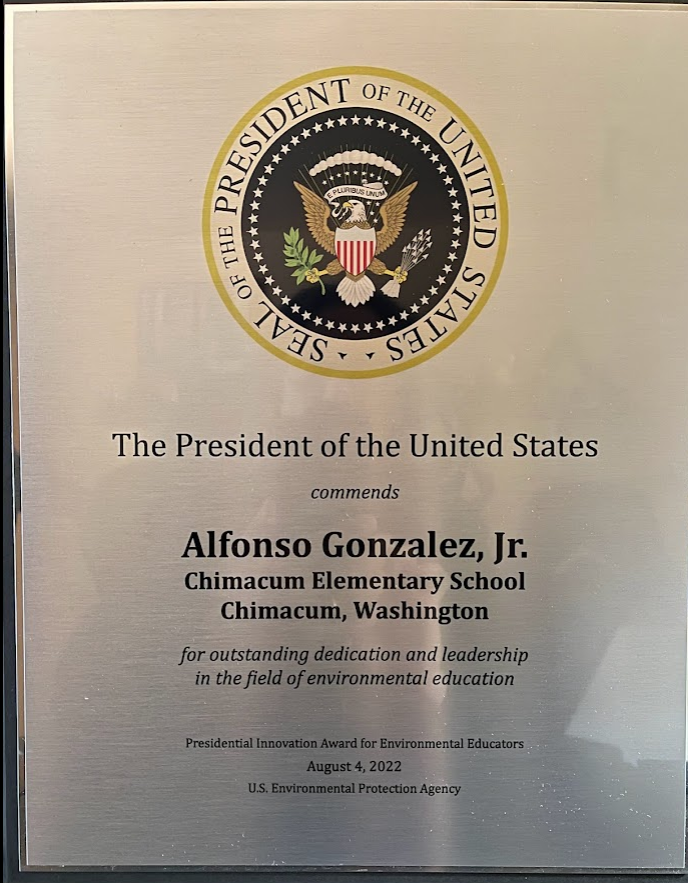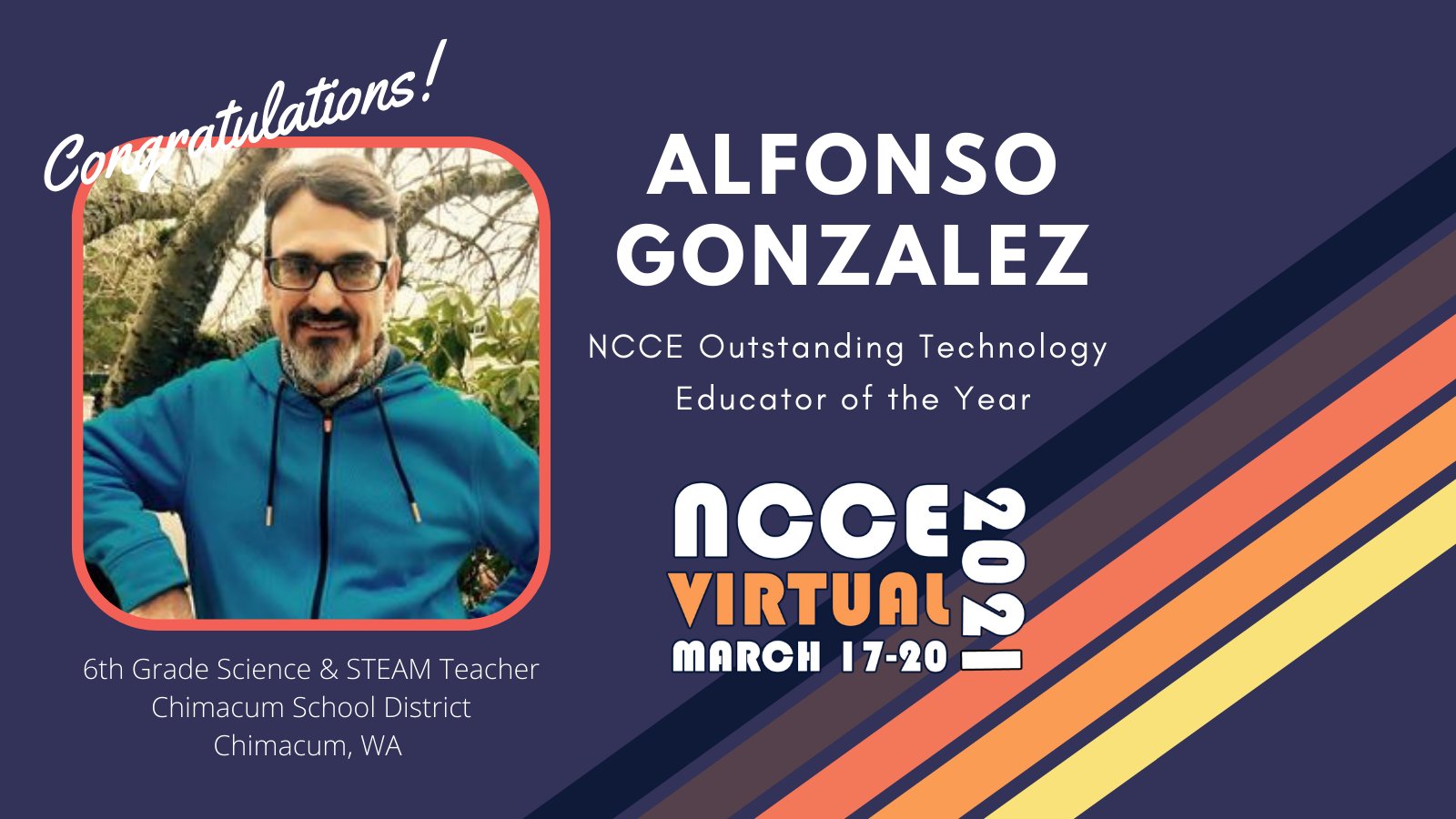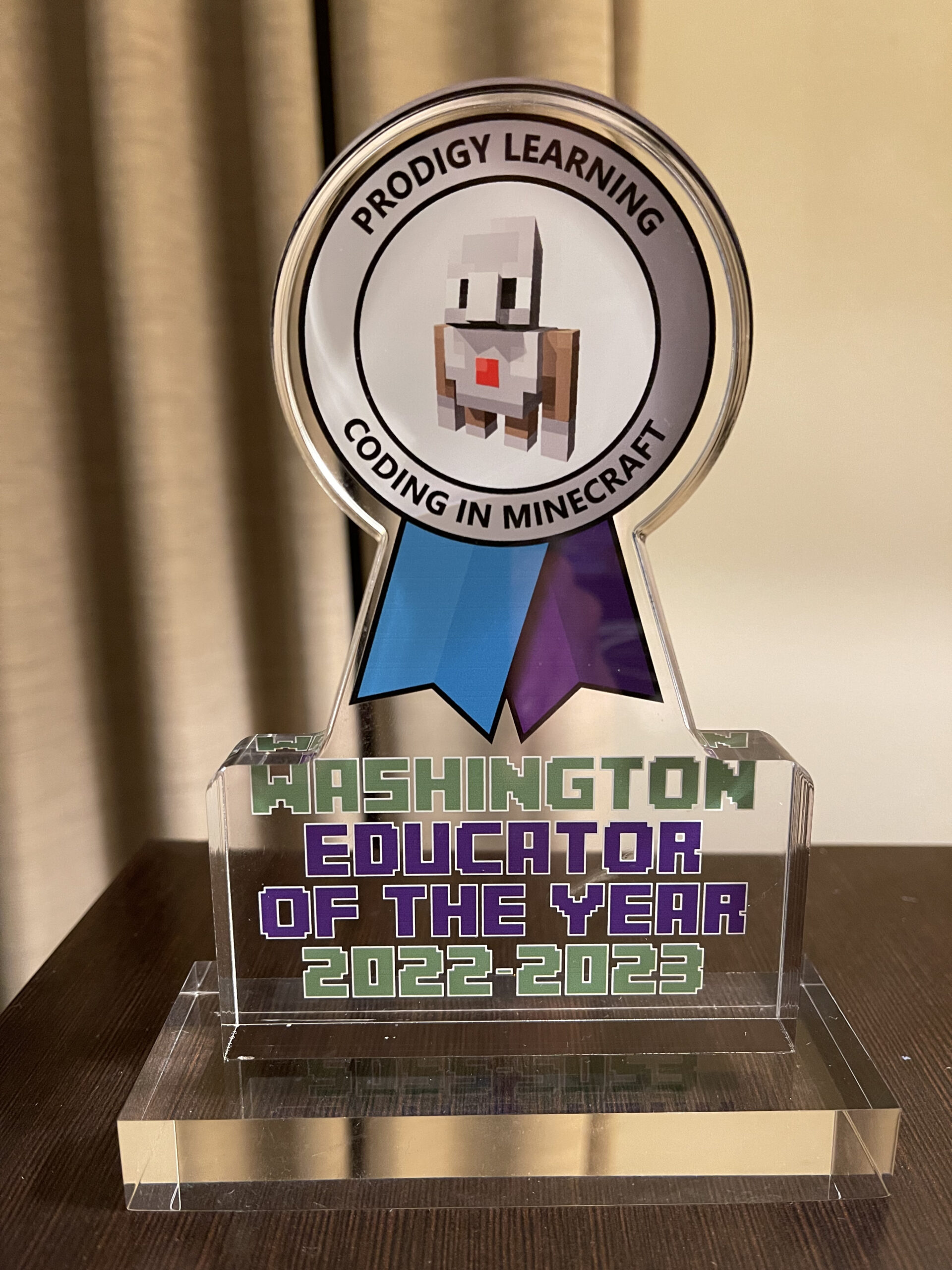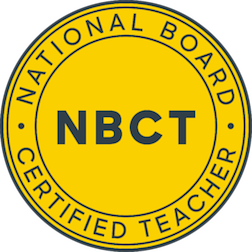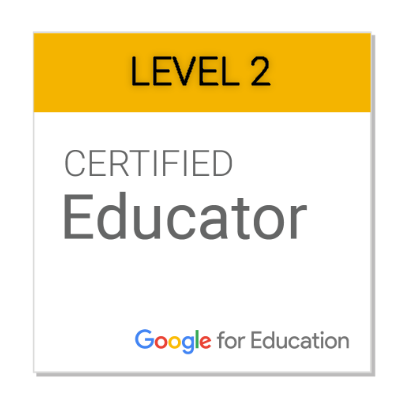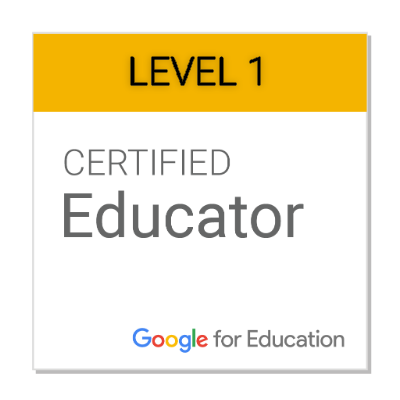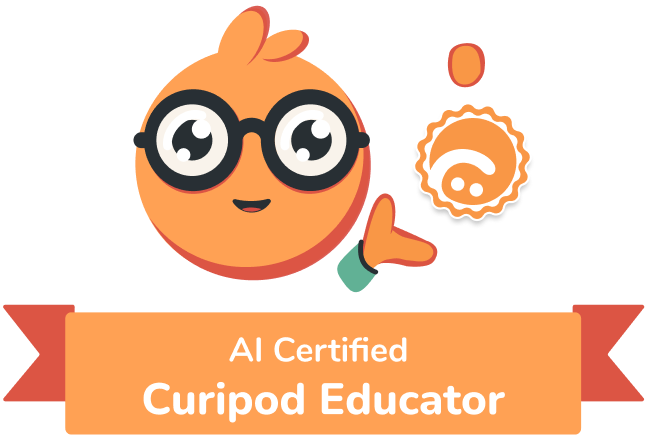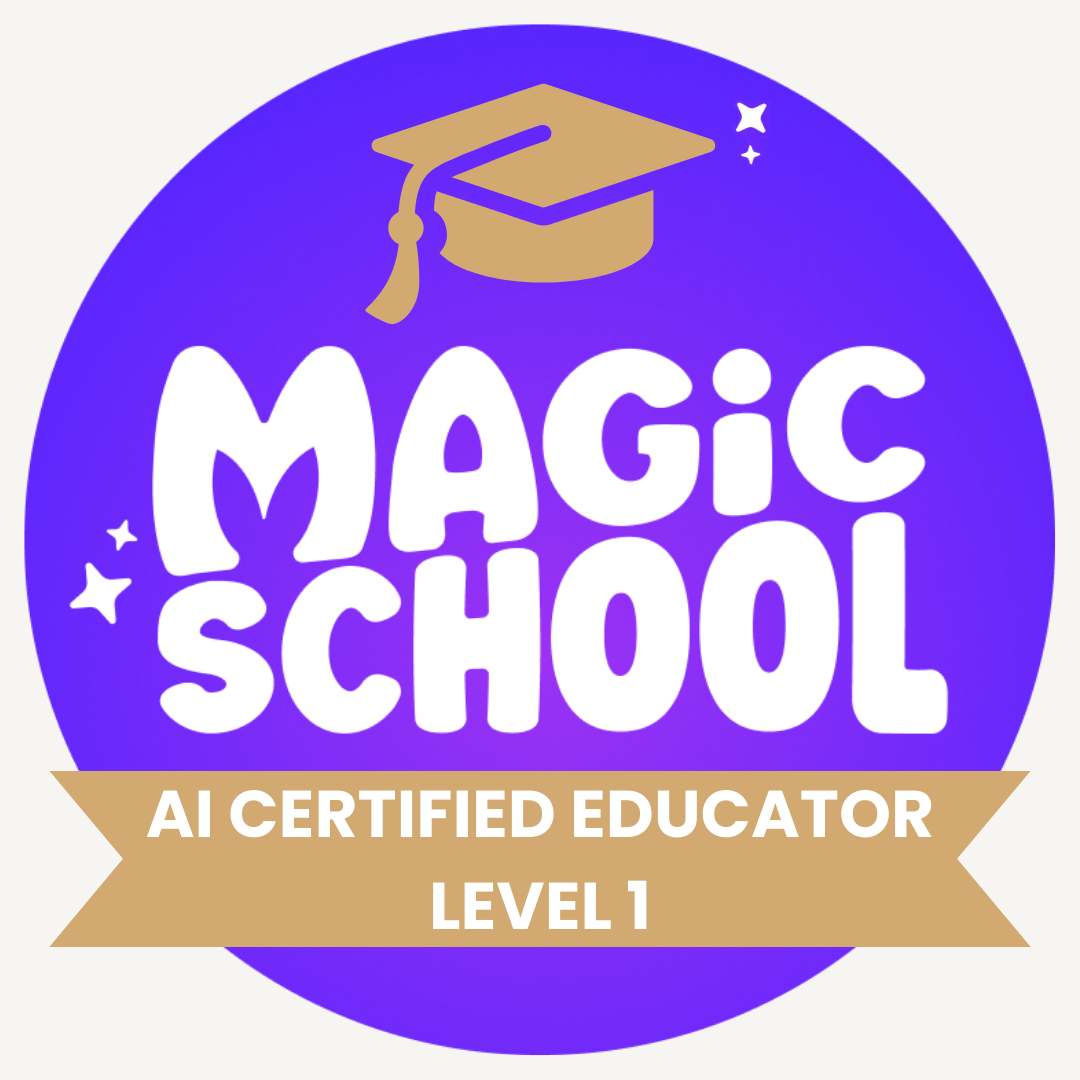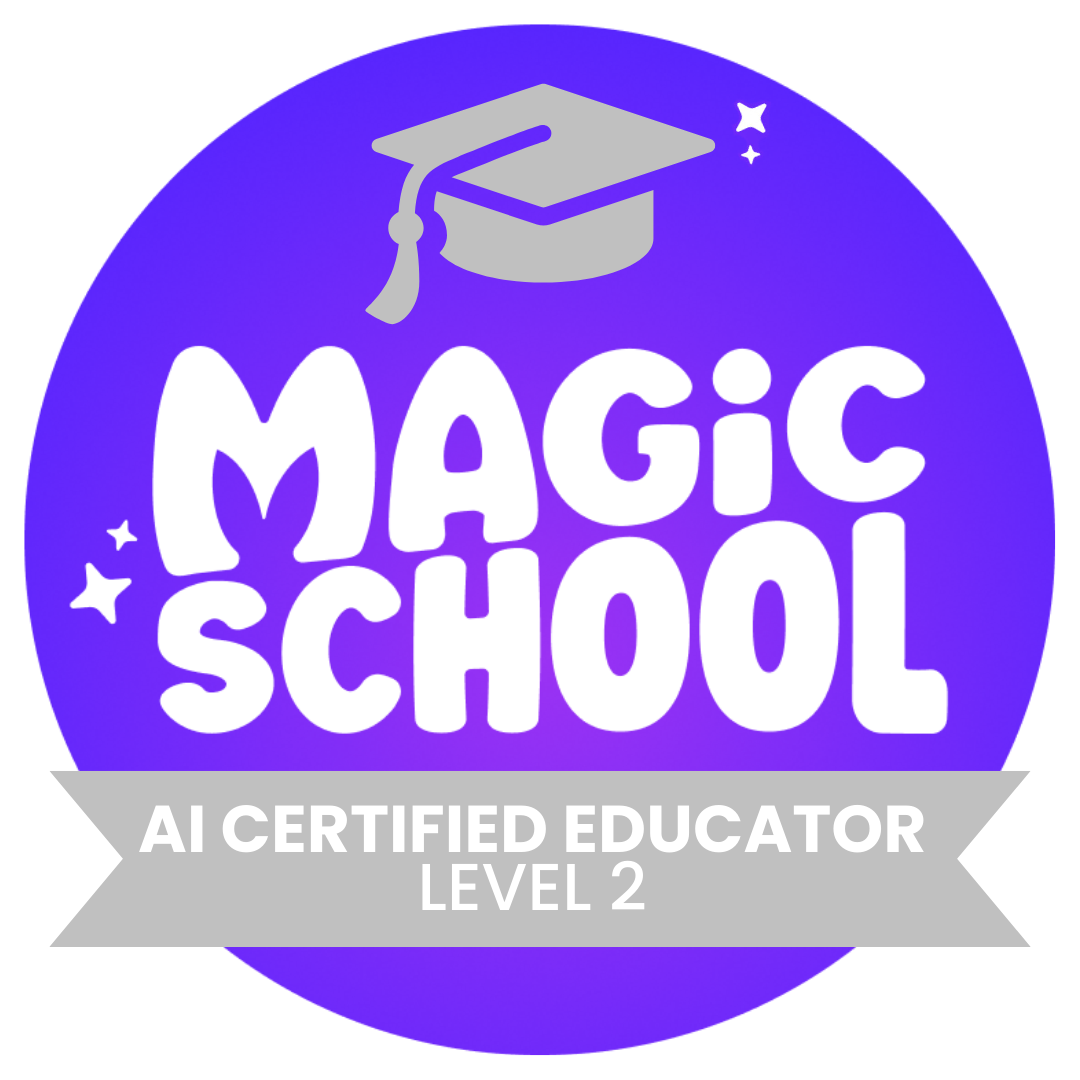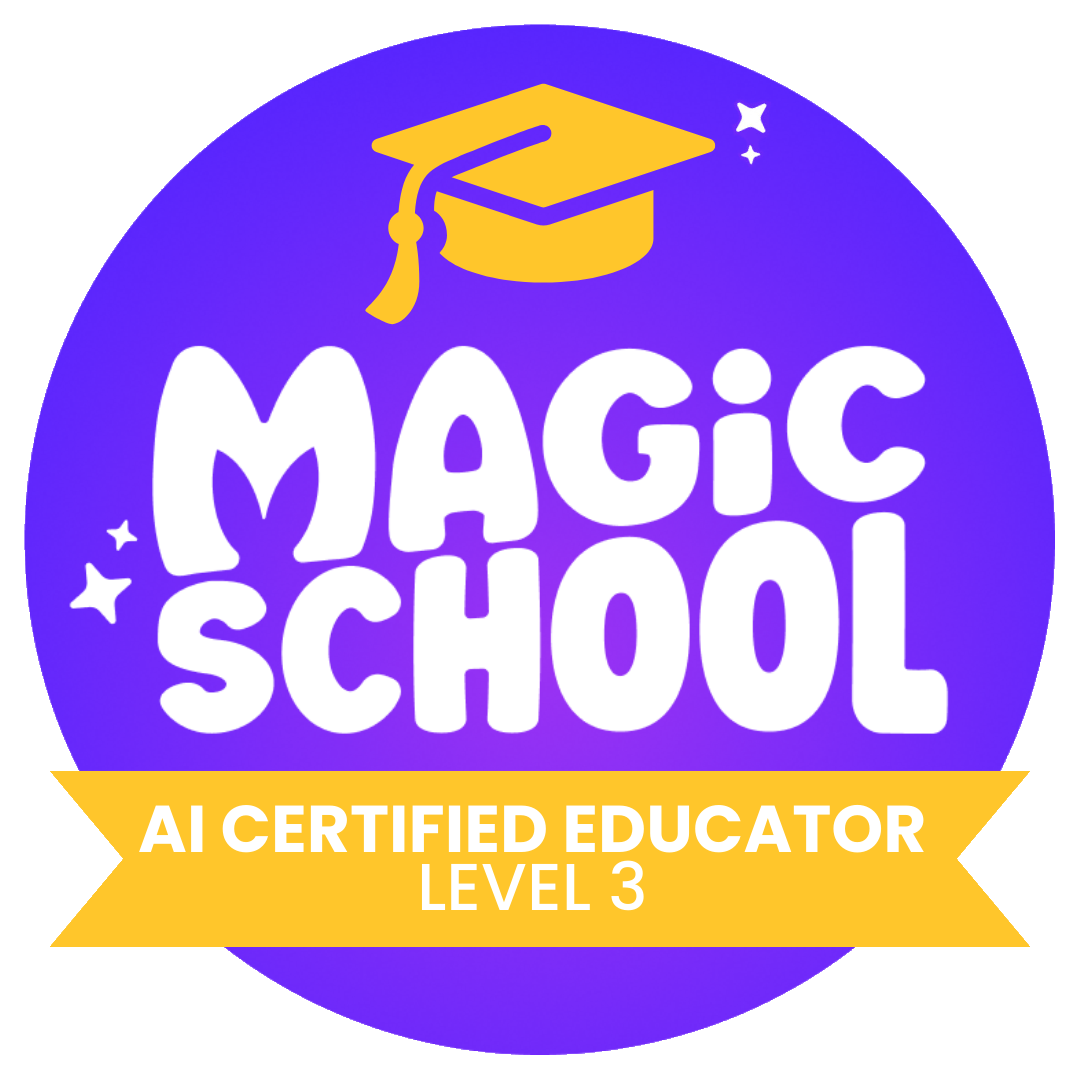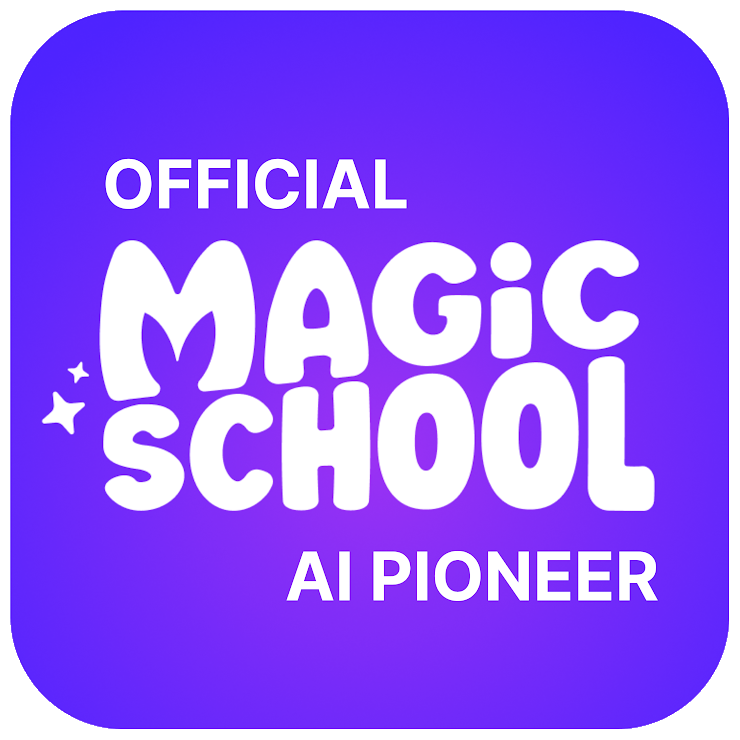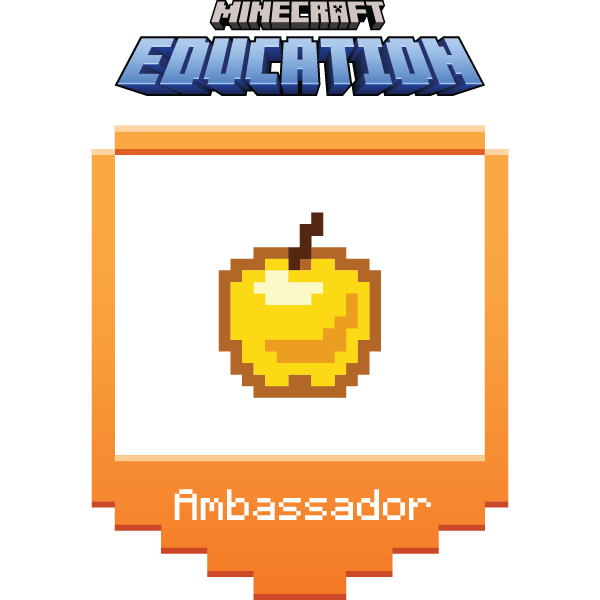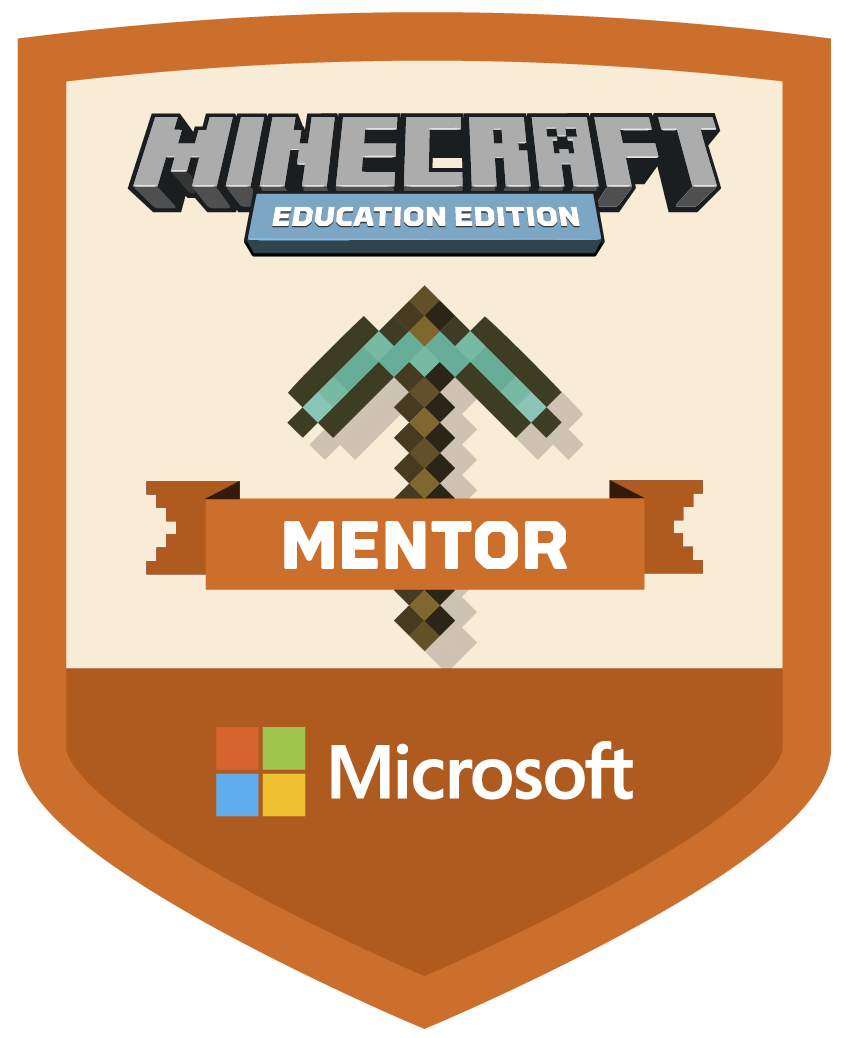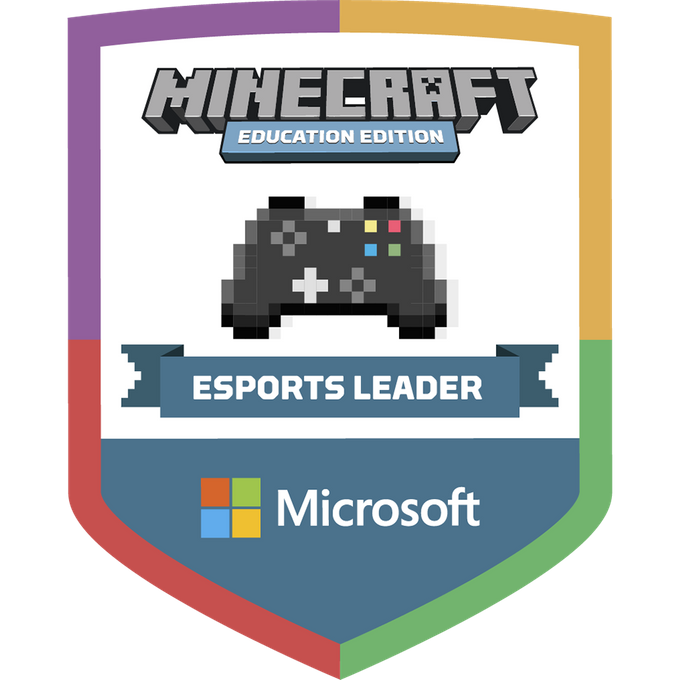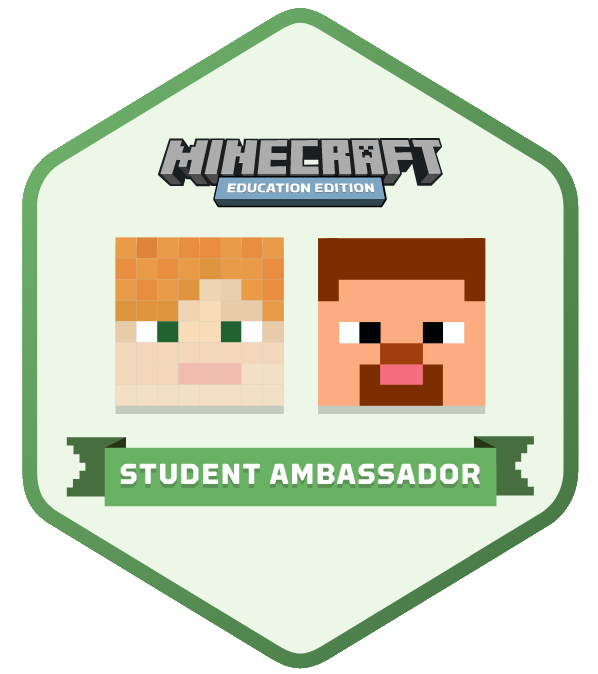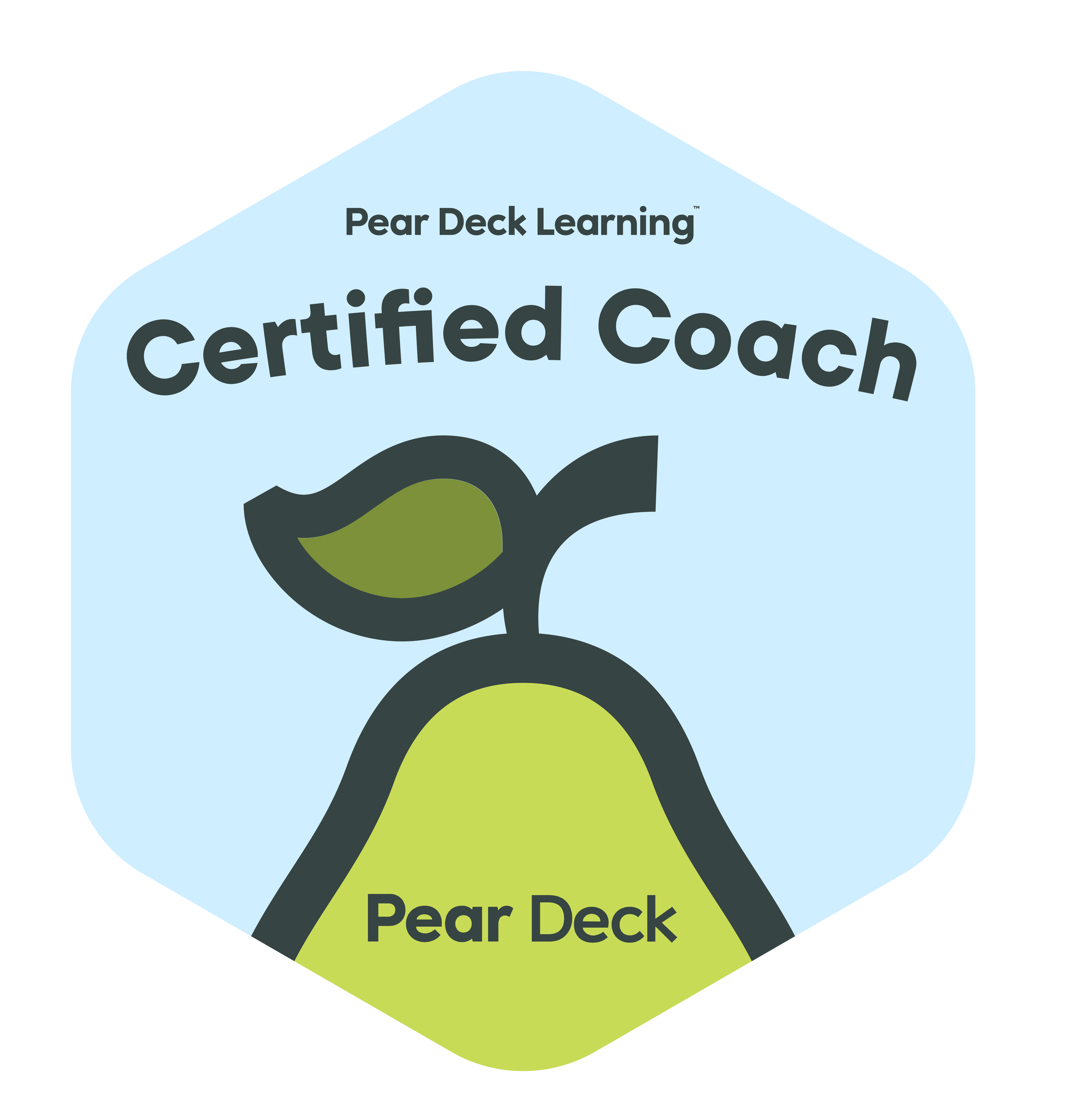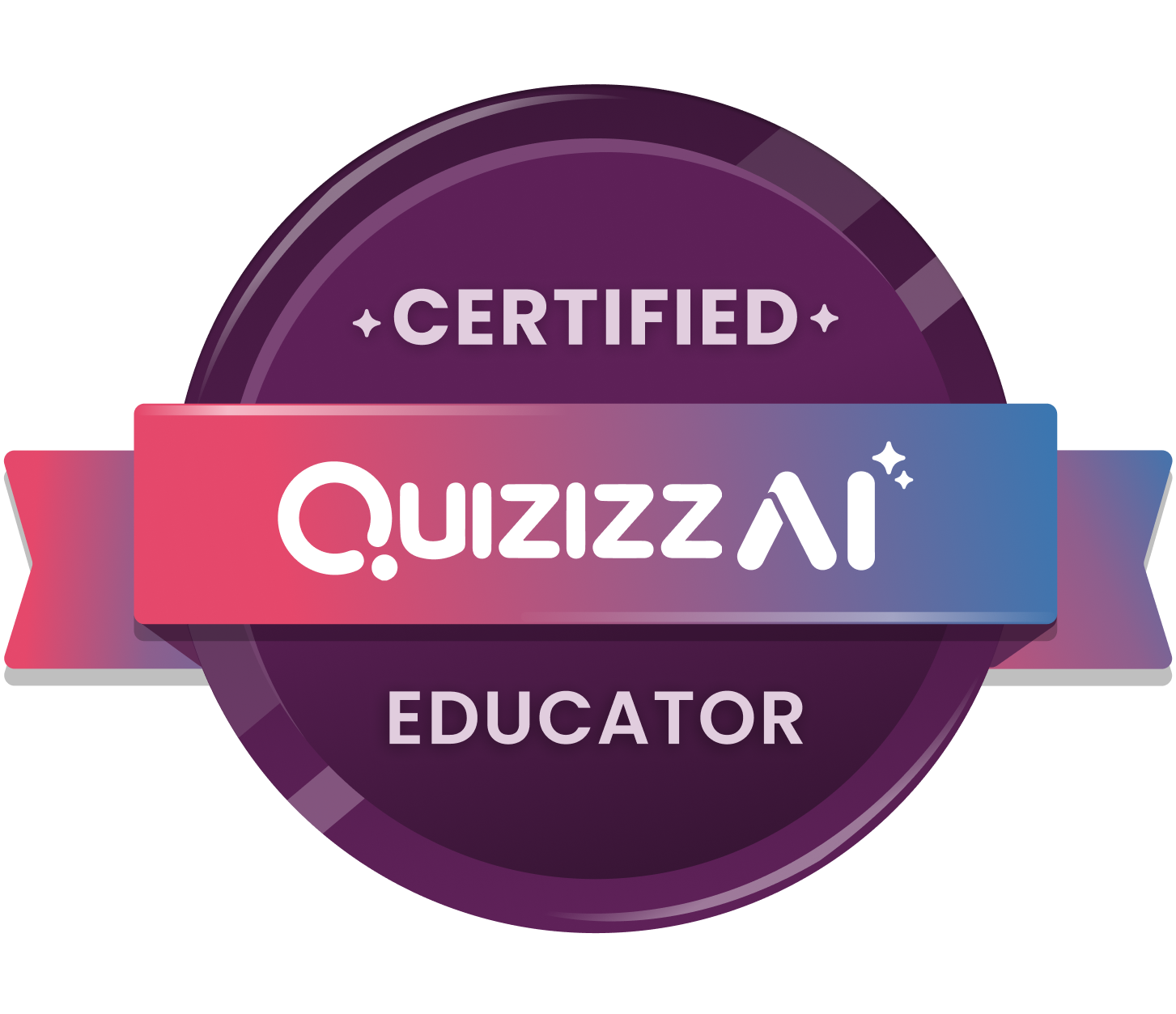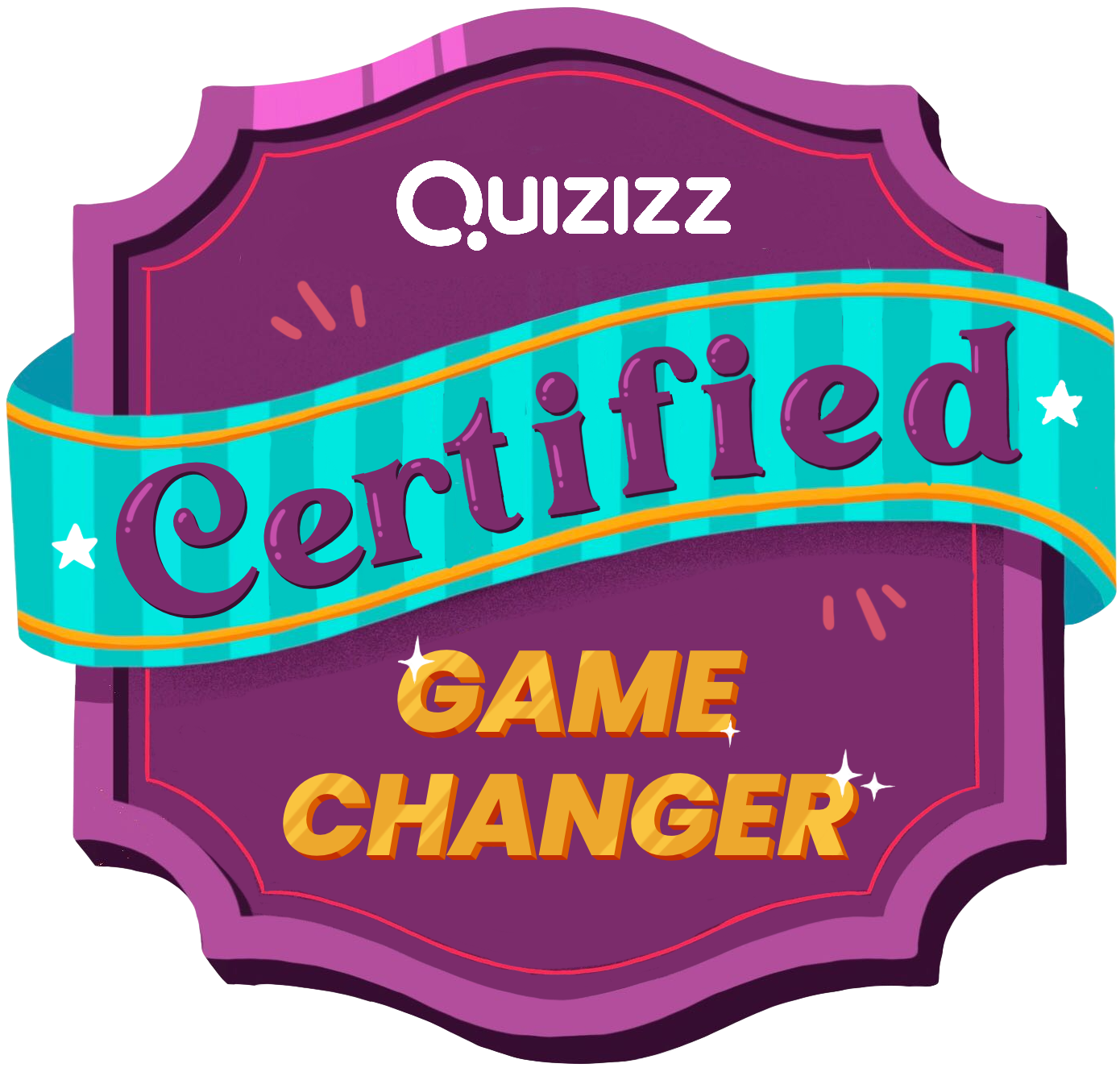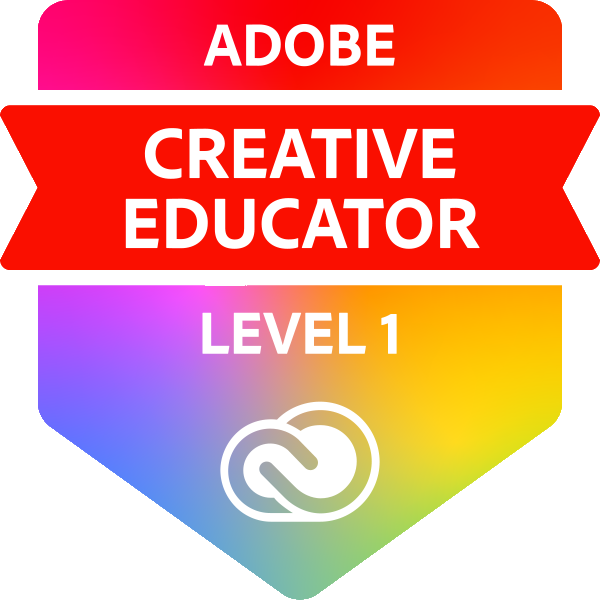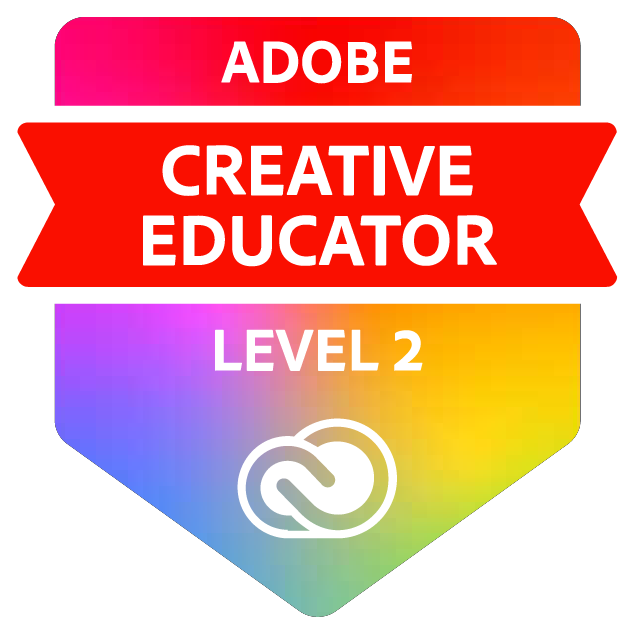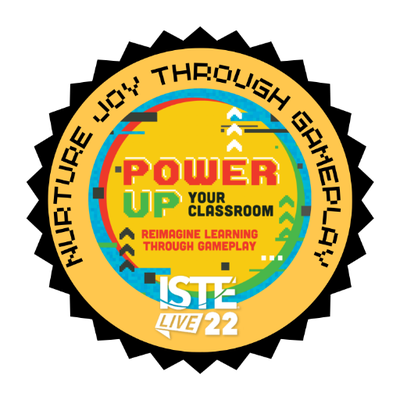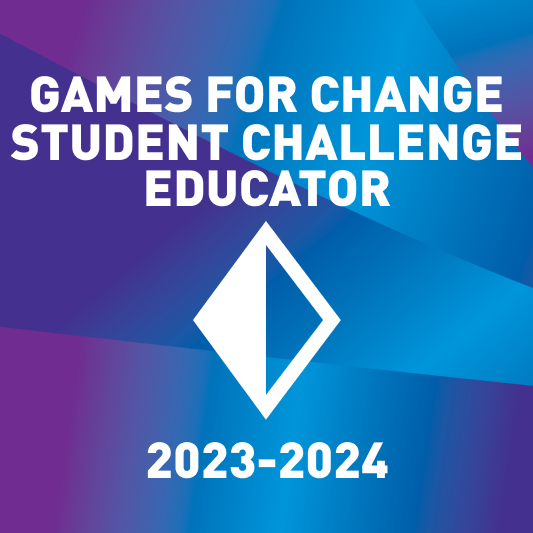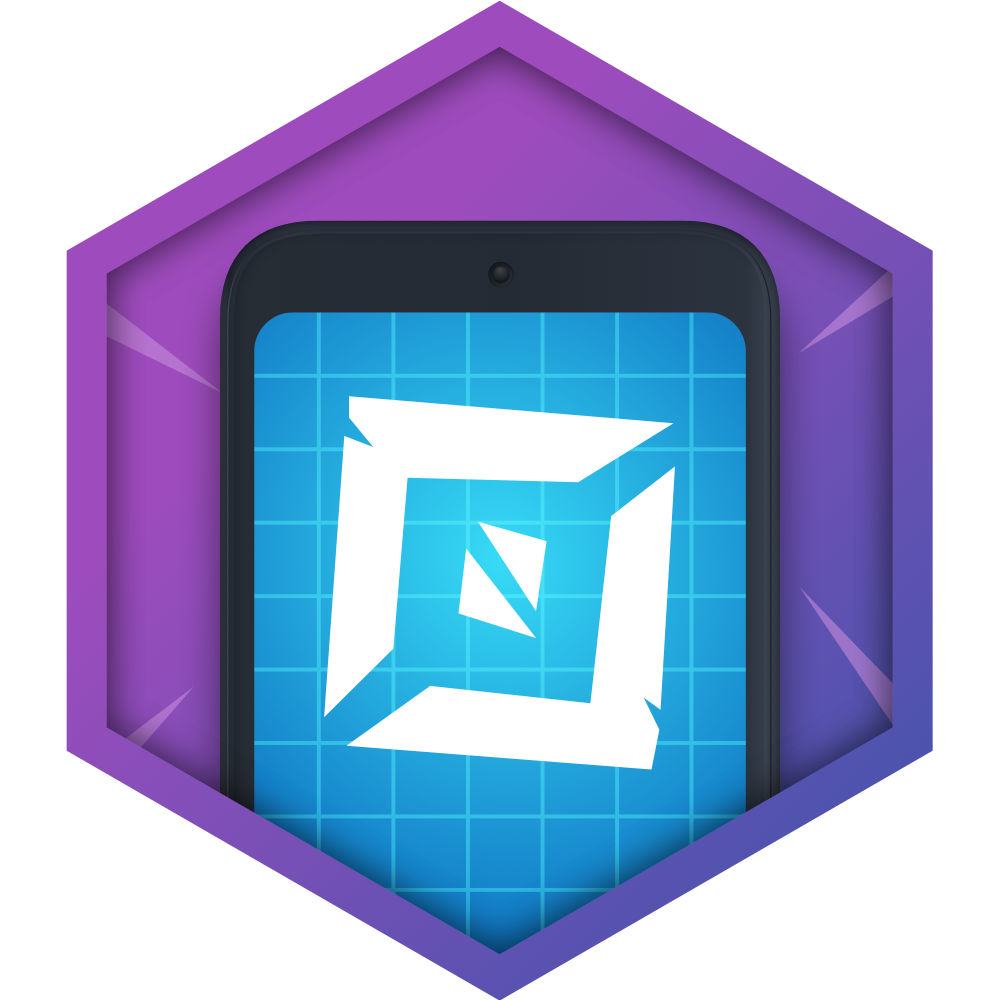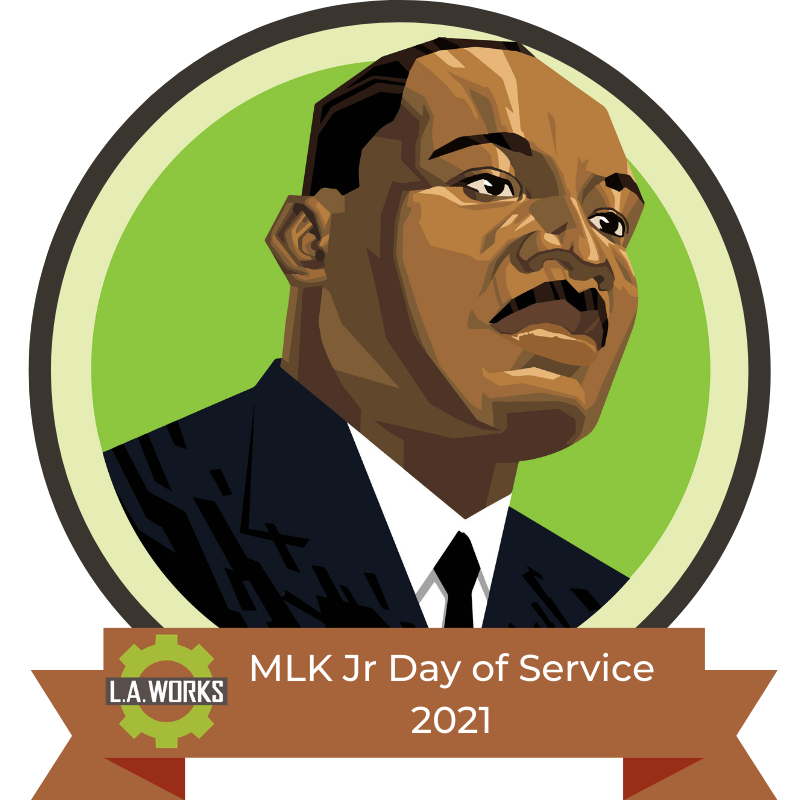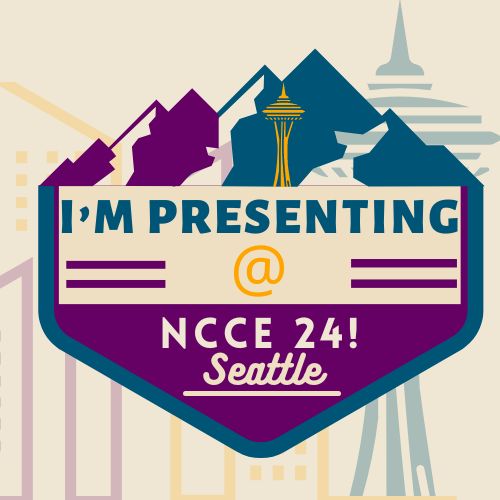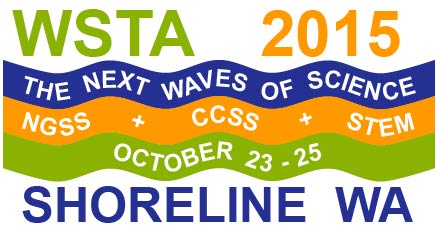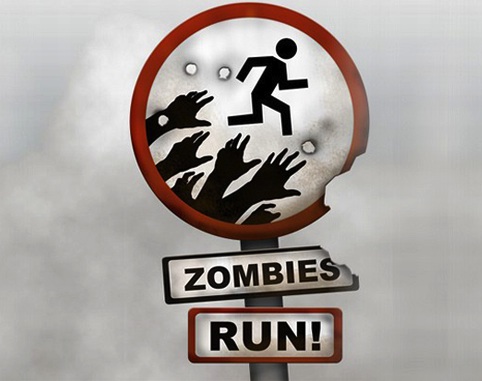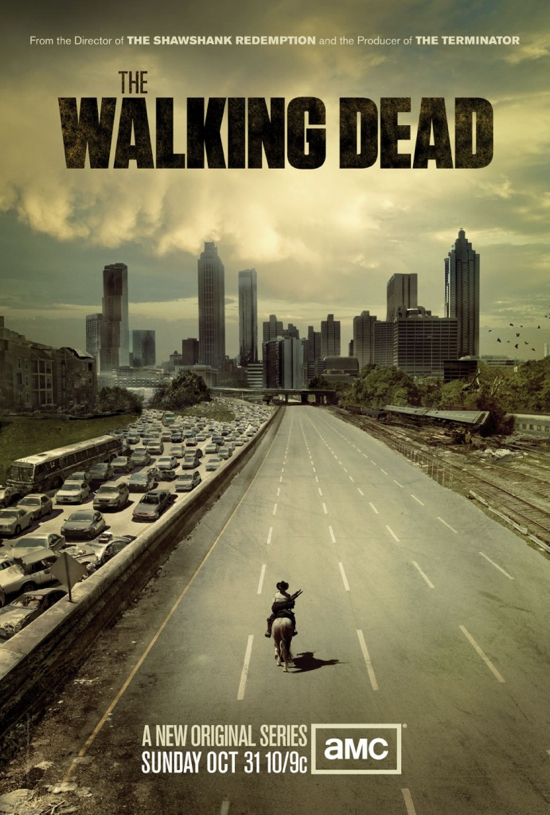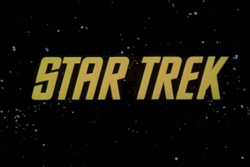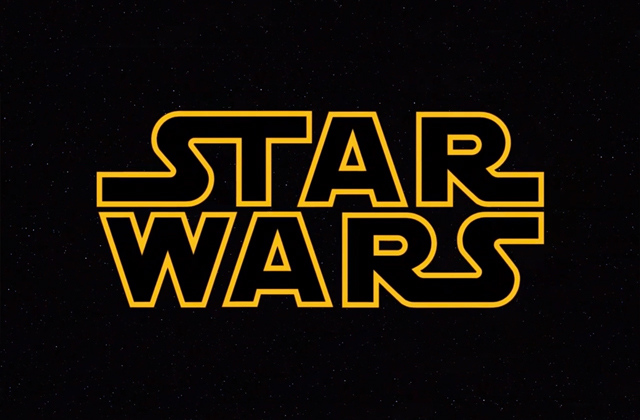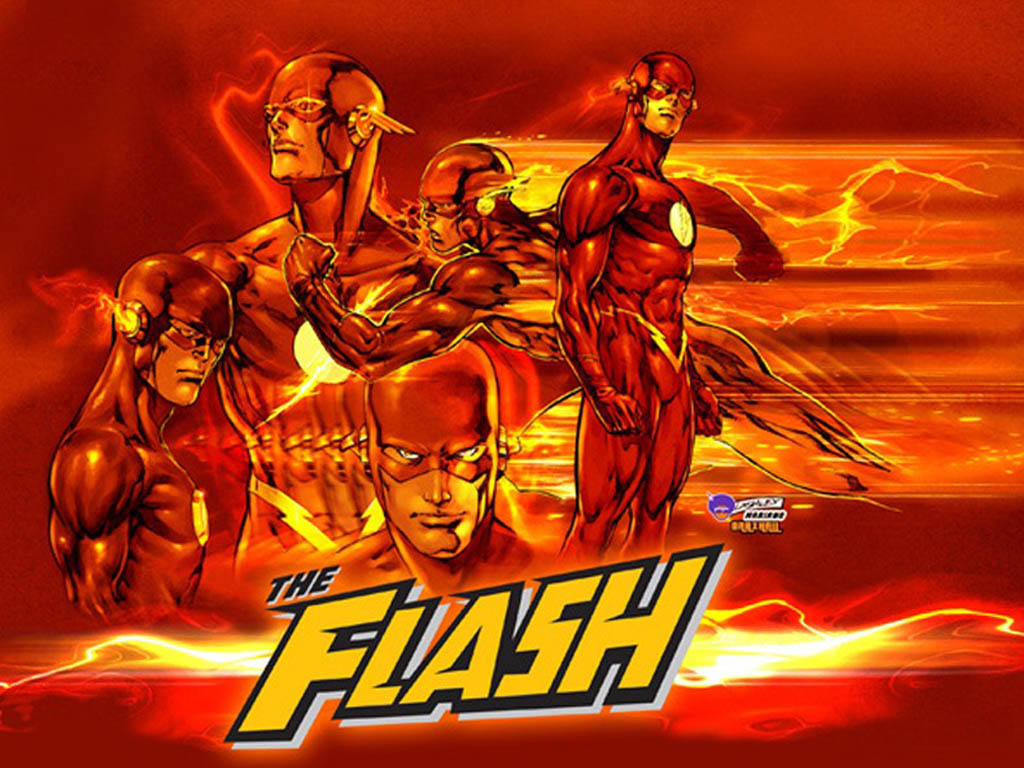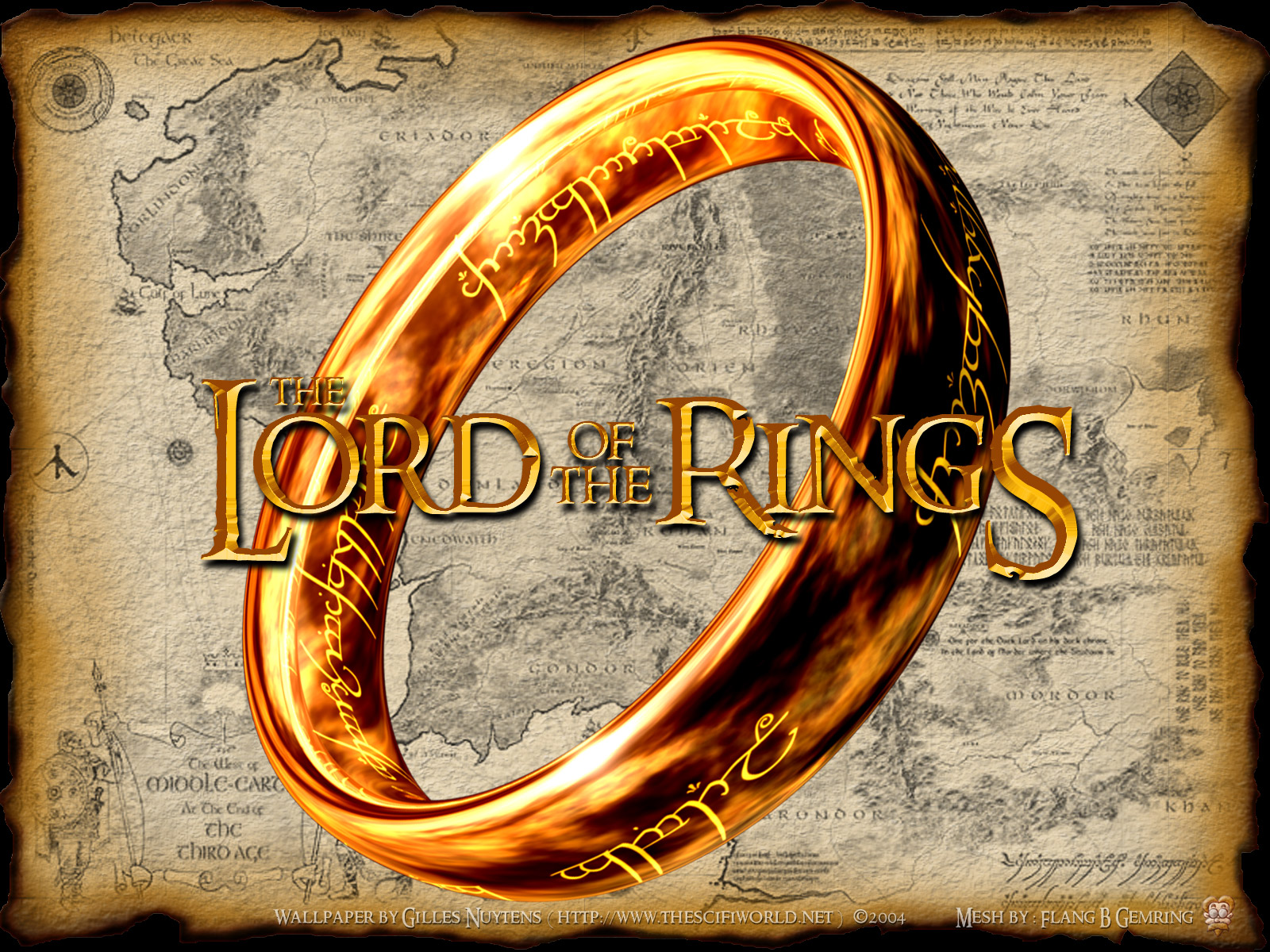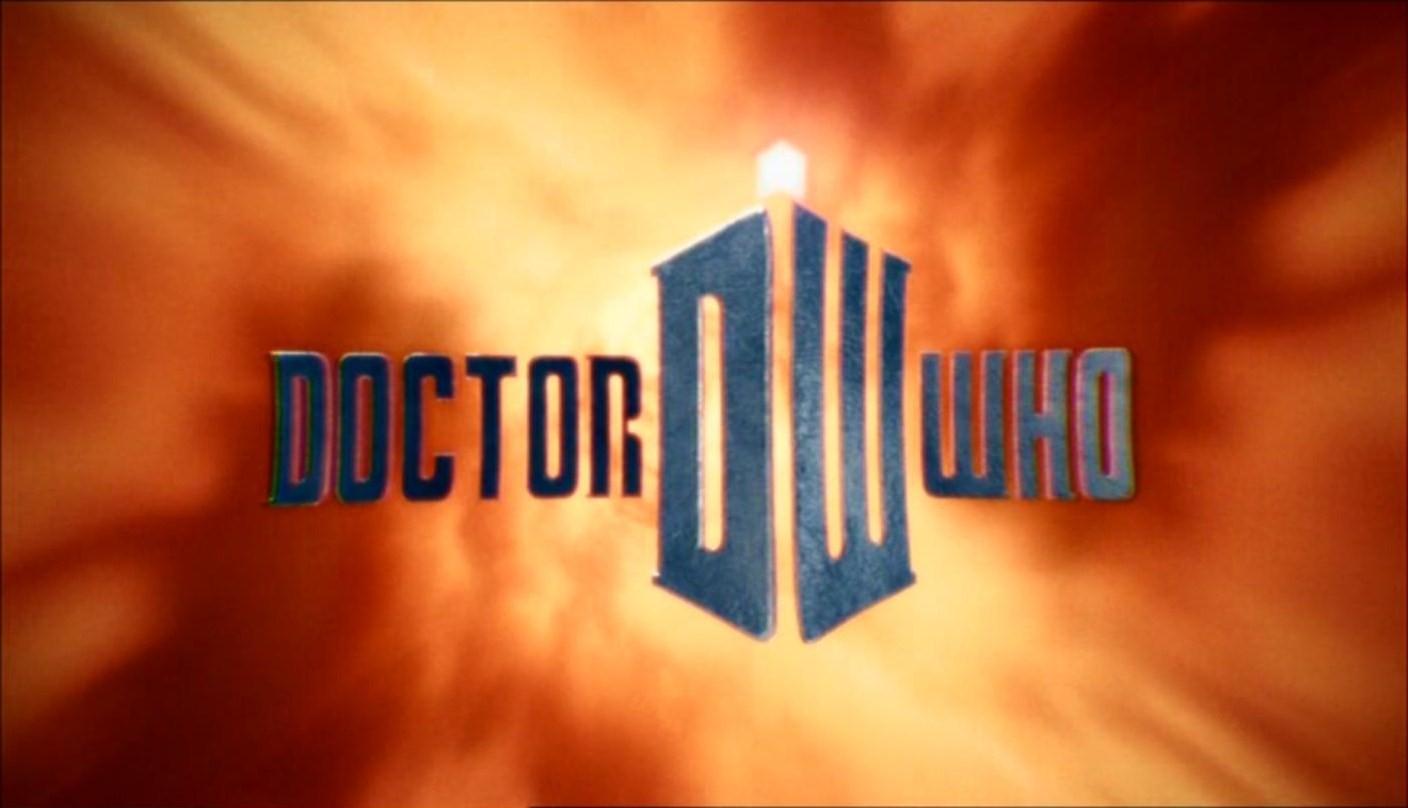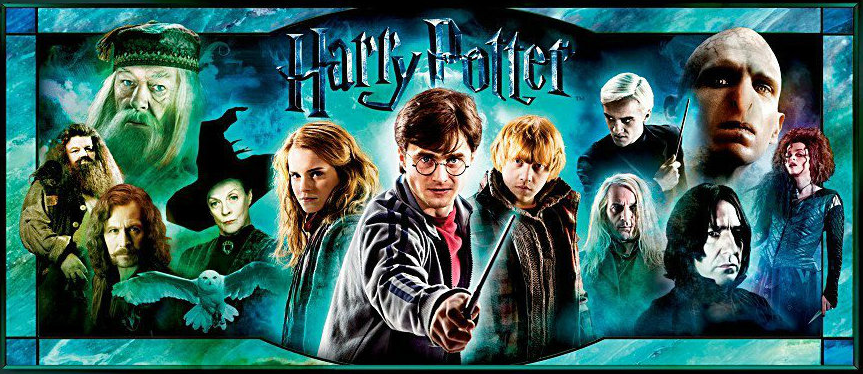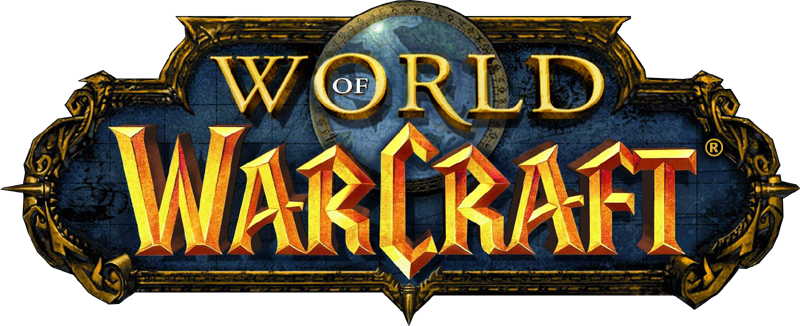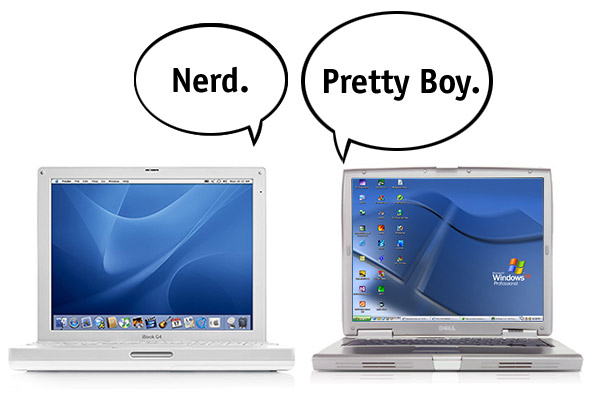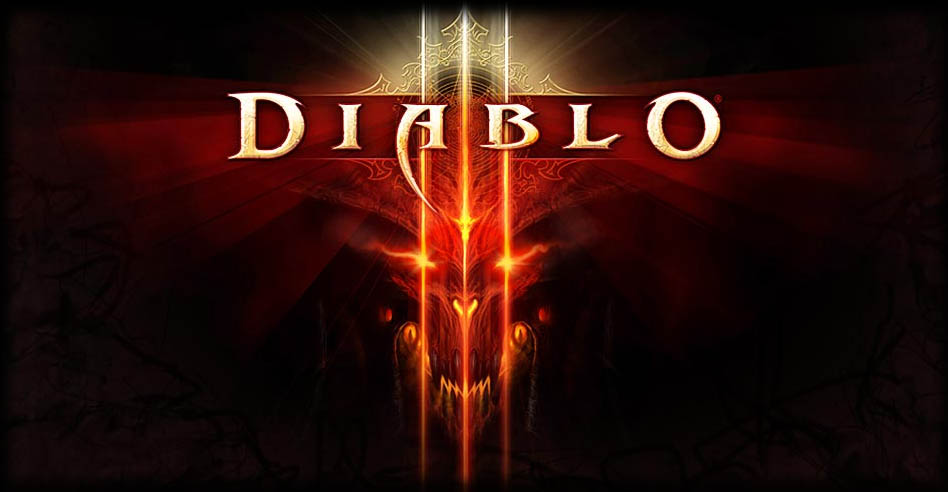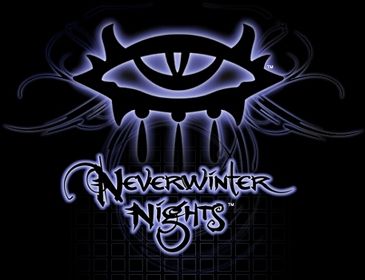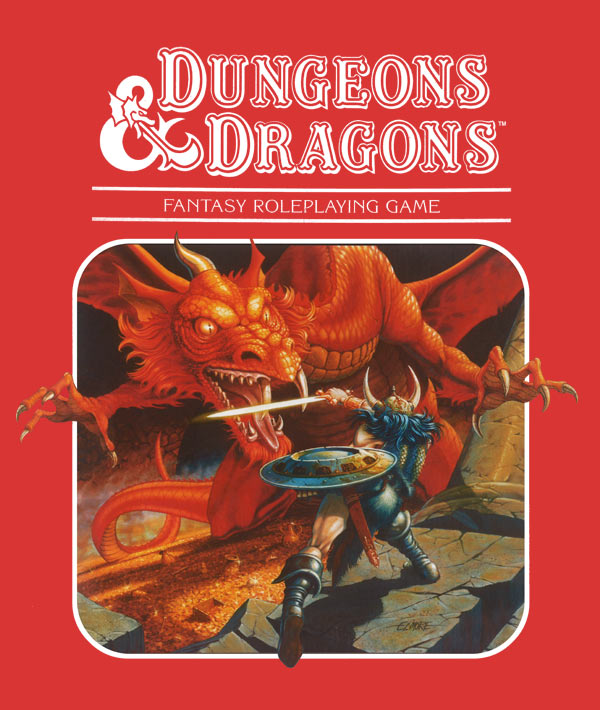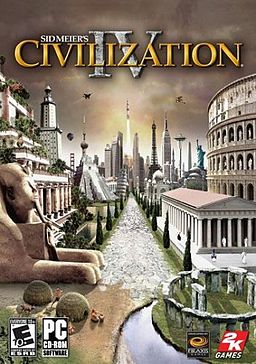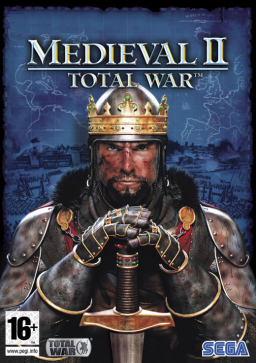When teachers use Twitter they form Professional Learning Networks or PLNs with hundreds and sometimes thousands of other teachers. What an incredible way to share resources and discuss current topics facing educators. A quick Google search defines a PLN as “a vibrant, ever-changing group of connections to which teachers go to both share and learn.” The way I see it a PLN is an online network of like-minded professionals. So in my case, my Twitter PLN is comprised mostly of educators. Other social media, such a Google+ or Voxer, can be used for PLNs.
One way PLNs of educators use Twitter is by engaging in chats using twitter hashtags such as #edchat. That hashtag allows participants to type their ideas, questions, answers, and responses so that everyone can see them. It goes fast and furious but what a way to spend an hour!
While participating an #edchat discussion and reading the questions and responses I started to reflect on my own experiences with improving myself as an educator. Having my principal observe me a few times a year helps me because there’s another adult in the room giving me insight into how I’m doing. Some years I meet with my principal and we discuss my goals for the year and what I need to achieve those goals. That also has been very helpful. So how can I get that more often? I mean there are many of us teachers to one principal, right? So why don’t the teachers help themselves as a team?
That’s where my Professional Learning Community or PLC has come in so handy. A PLC is defined by a Google search as, “an extended learning opportunity to foster collaborative learning among colleagues within a particular work environment or field. It is often used in schools as a way to organize teachers into working groups.” In our small district we have five teachers who teach Science for grades 6 through 12. For the past five years we’ve formed a PLC where we have done different styles of lesson study where we observe each other, talk about how students are learning in our classes, and how we can improve. It has been much more powerful than “evaluation” and it’s not like having your boss giving you a “formal” observation.
I love lesson study. A PLC chooses a lesson or topic of study. One teacher teaches the lesson observed by the rest of the team. The team focuses the observation on students and how they are learning, or not, the topic of the lesson. The teachers meet to debrief the lesson where they tweak it so another can teach it. The PLC debriefs again, tweaks again, and a third teacher teaches the lesson again. Doing this really helps improve one lesson at a time. This type of lesson study had to happen rather quickly since the teachers are teaching the same lesson. Teaching the same lesson is not easy when we all teach different grade levels and different sciences though.
So we tried a new type of lesson study. We would teach a similar topic that maybe crossed over all grade levels or we taught a topic with slightly different lessons depending on grade level. We would videotape the lessons. We would then meet for a full day to watch the videos and give each other feedback. We used a Science Classroom Observation Guide (SCOG) that we got from the North Cascades and Olympic Science Partnership (NCOSP).
That was very beneficial but we still needed to add another component. We used an NCOSP protocol for looking at student work. We would bring student samples from the lesson, usually a formative assessment, to see if students were learning the concept. We ended up cutting the video segment of our day short so that we could spend more time looking at the student work. The next step was to determine how we could improve our lessons to help students understand the Science concepts better. Now that has been powerful. And that, I believe, is how teacher evaluation should happen. By opening up our doors and working together we can improve and mentor each other.
How does your district or school evaluate teachers? How do your teachers do professional development? Let us know by leaving a comment.


